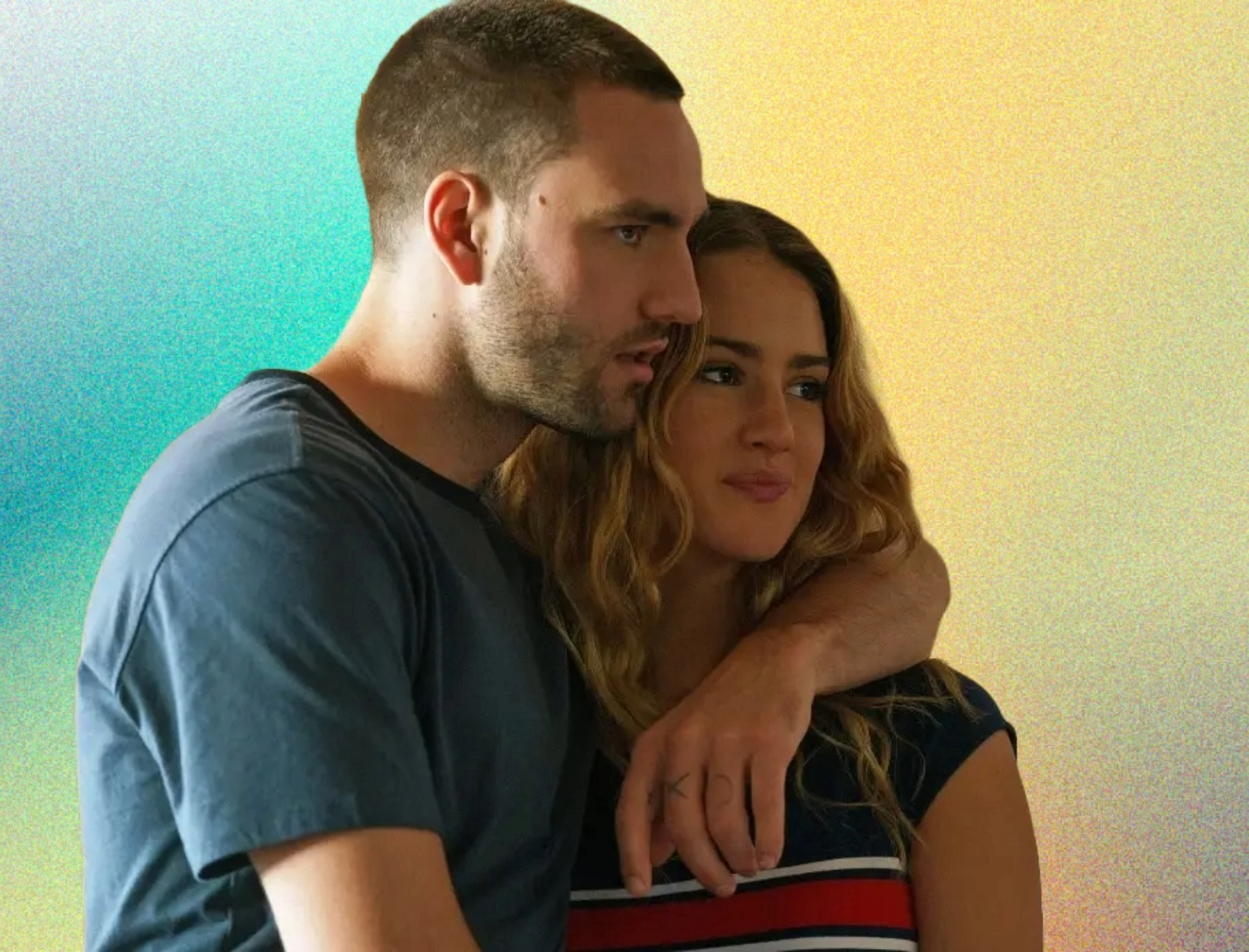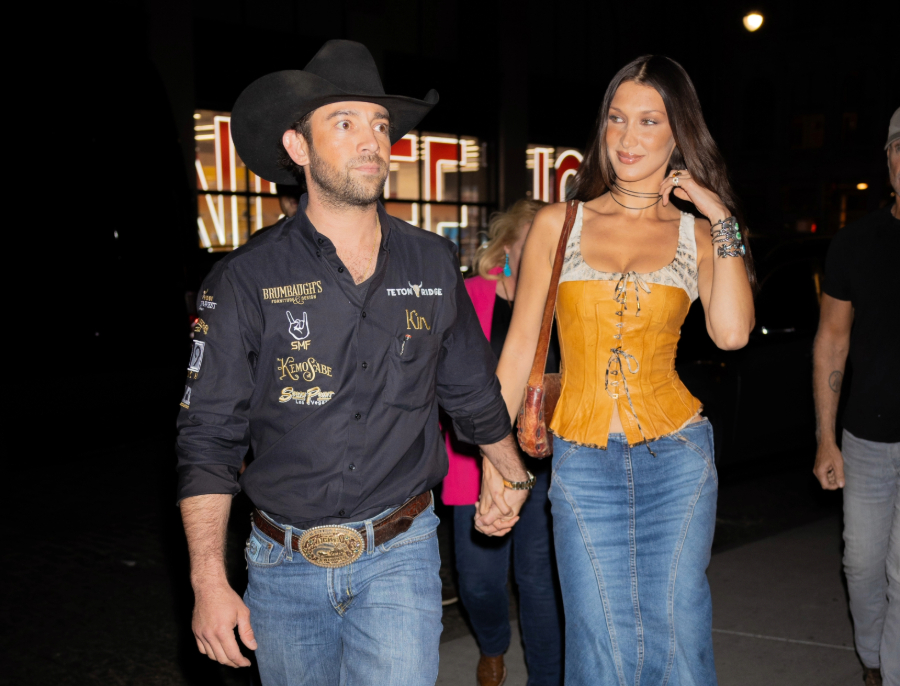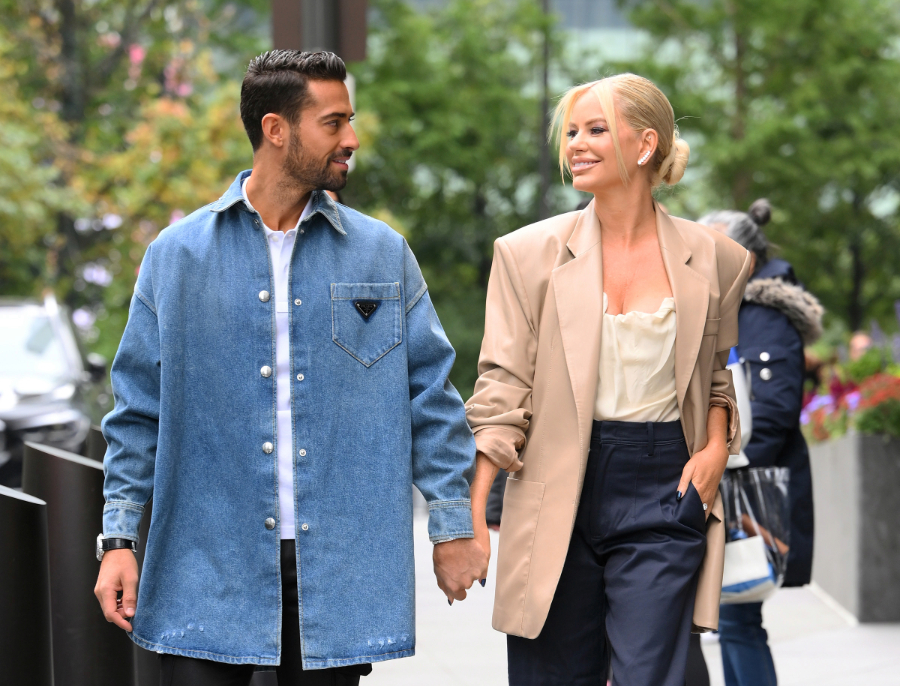Why Do We Love Chasing People Who Run Away? Girl, Stand Up!

The harder you chase, the faster they run—does that sound like your dating life? If your relationship feels like a constant push-and-pull, then you might be stuck in what psychologists call the anxious-avoidant trap. It’s the cat-and-mouse game between someone who craves closeness and someone who panics when things get too real.
On Almost Adulting, Violet Benson is breaking down the anxious-avoidant cycle using insights from the book Attached. She explains why this toxic dynamic feels so tempting yet leaves you emotionally desolate—and how to finally stop the cycle.
“More often than not, an anxious-avoidant person ends up with an anxious-attached person,” Benson says. “For whatever reason, it feels like home, but they still struggle.” Benson says.
What is the anxious-avoidant trap?
If you’re anxiously attached, you lean in harder in a relationship when you feel threatened. You want reassurance, closeness, more communication. But if your partner is avoidant, your need for intimacy makes them want to bolt. The closer you get, the further they pull away, which make you panic and chase even harder.
This dynamic is called the anxious-avoidant “trap” because once you’re in it, it’s difficult to escape. Every move one person makes triggers the other person’s worst fears. The anxious person’s pursuit activates the avoidant person’s need for distance, which activates the anxious person’s abandonment fears, and around and around you go.
“Avoidant freaks out and seeks distance. Anxious freaks out and seeks proximity. It’s not that great,” Benson says.
Minor disputes—texting frequency, weekend plans, meeting friends—are often just a symptom of deeper issues. One person wants more, the other wants less, and tensions flare up when intimacy levels are not met or violated.
Benson explains, “When your need for intimacy is met, your satisfaction level will rise. Incongruent intimacy needs, on the other hand, translate to lower satisfaction. So when the couple disagrees about the degree of closeness and intimacy desired in a relationship, the issue threatens to dominate all of their dialogue.”
Effects of an anxious-avoidant relationship
There’s a twisted psychological element at play here. If you are anxious, you are programmed to feel less alone when your attachment system gets activated, even if that activation comes from chaos. Avoidant people tend to feel powerful and independent when their partner feels needy and insecure.
“That is a punch to the gut because I hate that I feel this way sometimes. I feel more independent and powerful when my partner depends on me,” Benson says.
Another reality of this type of relationship is the concept of “stable instability.” Although two people may remain together, neither person finds the degree of intimacy they are comfortable with because of the constant push-and-pull. Anxious-avoidant couples also constantly fight over minor problems, but in reality, they are fighting about the amount of intimacy between them. Another effect is called “life in the inner circle as the enemy”—the anxiously attached person gets treated worse, instead of better, as the relationship progresses.
The trap of a relationship is that while you might develop an eerie sense that something is wrong, you’re too emotionally invested to leave. “It’s like damn, they don’t call you for a couple of days, but when they’re back none of that matters. You feel closer than ever,” Benson explains.
Can you fix Intimacy differences?
Benson wishes love could conquer all, but the reality is harsh: It’s often difficult to find a resolution that’s acceptable to both partners. If nothing changes, the anxious partner is typically the one who has to make compromises and accommodate the avoidant partner. If the relationship doesn’t progress to a secure place, it will get worse. The anxious-avoidant dynamic will affect every aspect of a shared life, from how a couple sleeps together to PDA to how they raise children.
Conflict resolution is usually not simple. With every fight, the anxious person loses more ground. When there are no secure checks and balances, the anxious person gets overwhelmed by negative emotions. They might threaten to leave, but then, they get flooded with emotions and good memories. When they reach out to their partner, the avoidant person responds just enough to keep them hooked.
Can an anxious-avoidant relationship reach a secure place?
The good news is that attachment styles can change. Benson explains that when relationship difficulties are tied mostly to conflicting intimacy needs, there are proactive steps you can take to become more secure. As a person’s attachment style becomes more secure, they behave more constructively and enjoy better mental and physical health.
“Research shows that people tend to become more secure when they are in a relationship with a secure person. There’s also hope for people in a relationship when neither person is secure, too,” she says.
Knowledge is power, but change requires work from both people. Your ongoing struggles as a couple don’t mean either of you is crazy. The reality is that your relationship has a built-in clash that isn’t going away. Both partners have to be aware of their attachment styles. Both partners have to want to change it. Some steps to take include working on your attachment style individually, having uncomfortable conversations, and going to therapy/seeking professional help.
“Too often, people think that an anxious person is too needy and that you are a bad person, or if you have an avoidant person, you are cold and you don’t want to love,” Benson says. “However, neither is true. Both of these people want to be loved and want security. They just grew up differently, and based on their childhoods, they formed these attachment styles. It’s something ingrained in them, but if both people are aware and ready to fix it, they can move toward a secure attachment style.”




















Leave a Reply